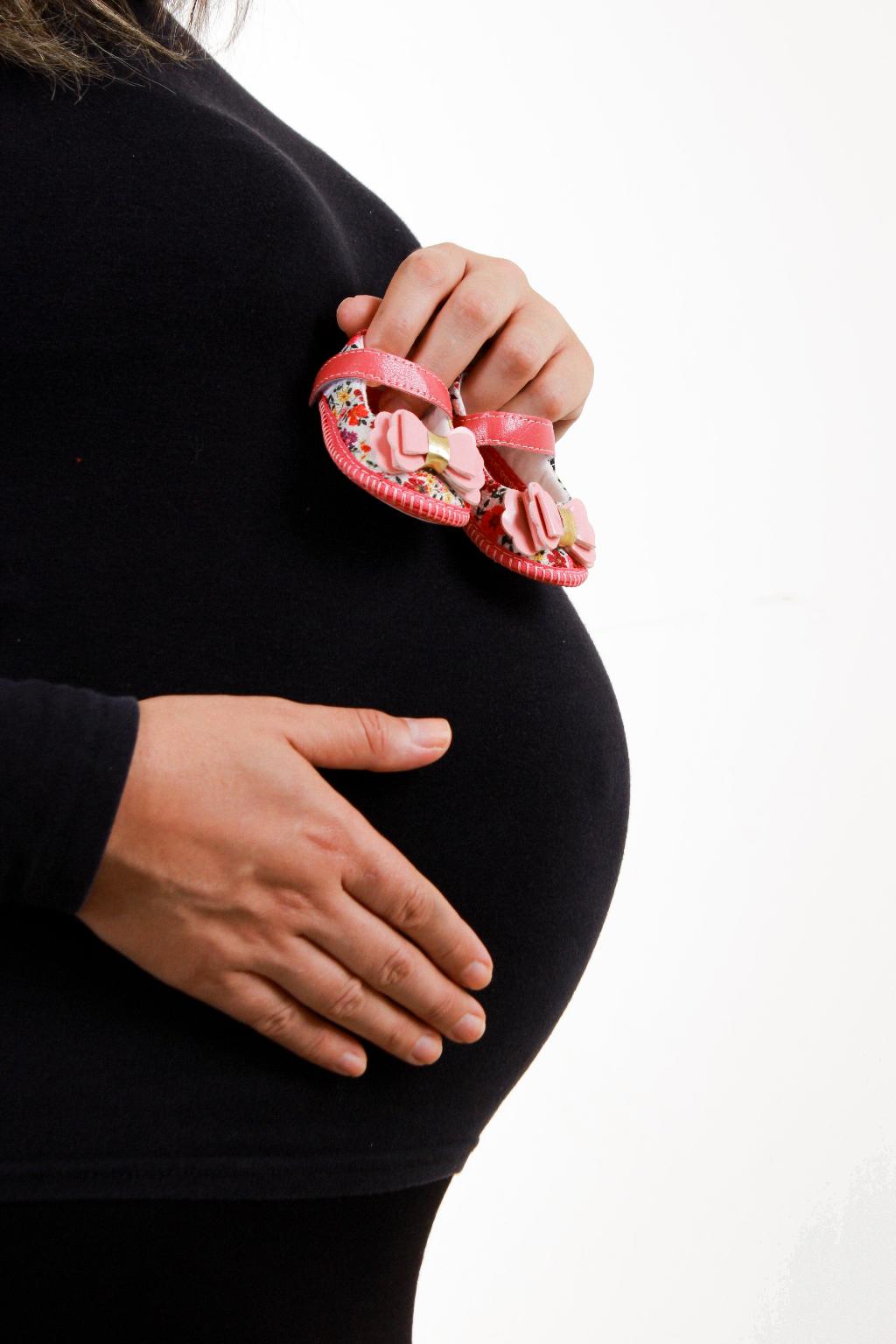Implantation is a crucial stage in the early development of pregnancy. It marks the moment when the fertilized egg attaches to the uterine wall, signaling the beginning of a new life. For many women, implantation is a significant milestone as it confirms the start of their journey towards motherhood.
Weeks 3-4: The Key Period of Implantation
During weeks 3-4 of pregnancy, the fertilized egg, also known as a blastocyst, travels through the fallopian tubes and reaches the uterus. It is at this point that implantation occurs. The blastocyst burrows into the thickened lining of the uterus, known as the endometrium, in a process essential for the pregnancy to progress further.
Signs and Symptoms of Implantation
While implantation is a crucial event, it may not always be accompanied by noticeable symptoms. Some women may experience light spotting, known as implantation bleeding, which can be mistaken for a light period. Others may feel mild cramping or changes in their cervical mucus consistency.
Timing is Everything
The exact timing of implantation can vary from woman to woman. However, it typically occurs between 6 to 10 days after ovulation. This timeline aligns with the early stages of pregnancy, allowing the embryo to establish a connection with the maternal blood supply crucial for its growth and development.
The Role of Hormones
During implantation, hormonal changes play a significant role in preparing the uterine lining for the embryo’s arrival. The hormone progesterone, produced by the corpus luteum and later by the placenta, helps maintain the endometrium and supports the pregnancy. Additionally, human chorionic gonadotropin (hCG) levels start to rise, a hormone detected in pregnancy tests.
Emotional Impact of Implantation
For many women, the confirmation of implantation can evoke a mix of emotions, ranging from excitement and joy to anxiety and anticipation. The realization that a new life is taking root within them can be overwhelming, leading to a newfound sense of responsibility and care.
Importance of Prenatal Care
Following implantation, it is crucial for expectant mothers to seek timely prenatal care. Regular check-ups, screenings, and consultations with healthcare providers are essential to monitor the progress of the pregnancy, address any concerns, and ensure the well-being of both the mother and the developing baby.
Supporting a Healthy Pregnancy
As the pregnancy progresses beyond implantation, maintaining a healthy lifestyle becomes paramount. Adequate nutrition, regular exercise, sufficient rest, and mindfulness practices can contribute to a smoother pregnancy journey and enhance the overall well-being of the mother and baby.
Looking Towards the Future
As the embryo firmly attaches to the uterine wall during implantation, it marks the beginning of a transformative process that will lead to the birth of a new life. The weeks following implantation are filled with awe, wonder, and anticipation as the pregnancy unfolds and the baby grows within the mother’s womb.
Conclusion
In conclusion, implantation during early pregnancy, typically occurring in weeks 3-4, is a critical stage that sets the foundation for a healthy and successful pregnancy. Understanding the process of implantation, recognizing its signs, and seeking appropriate prenatal care can help expectant mothers navigate this journey with confidence and excitement.

